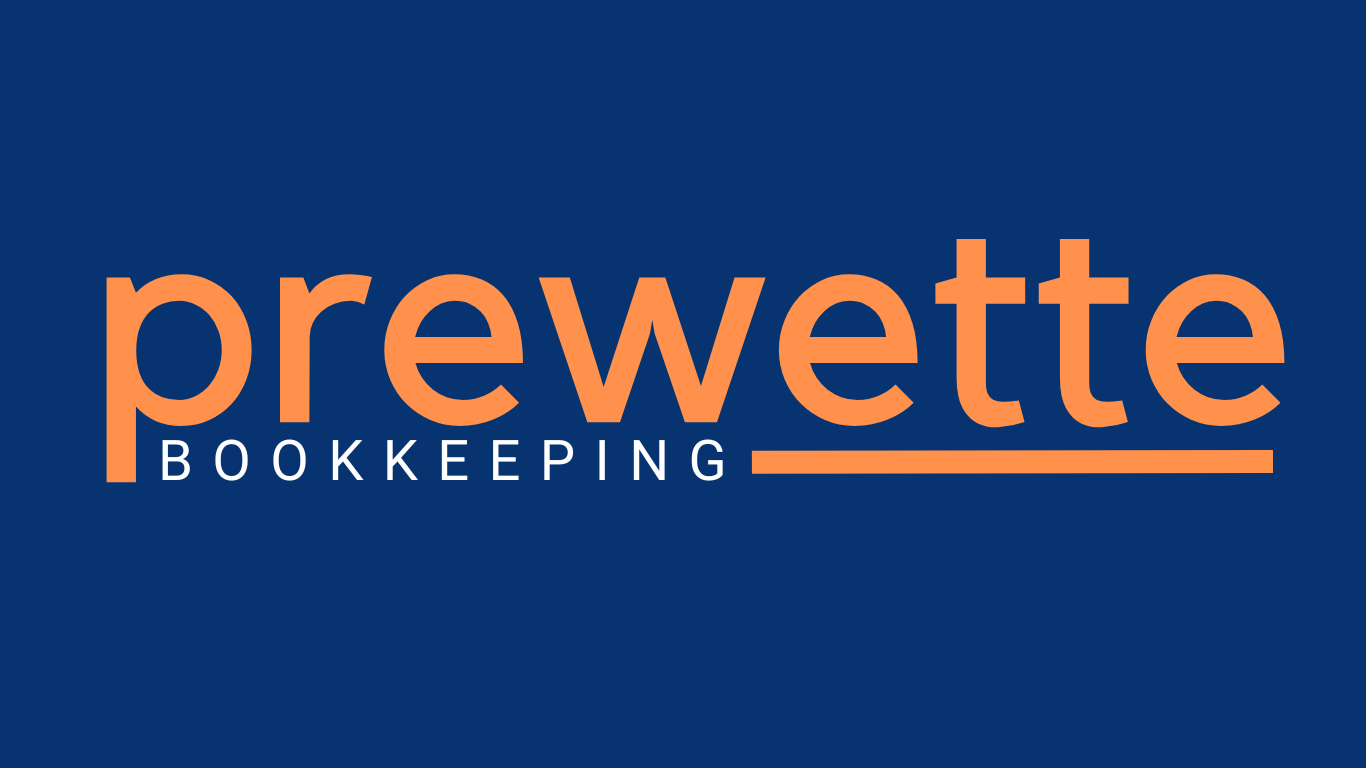As tax season approaches, many small business owners and individuals begin to feel the pressure of organizing their finances. Whether you're self-employed, running a small business, or simply trying to stay on top of personal finances, keeping everything organized throughout the year is key to making tax time less stressful. One of the best ways to prepare is by working with a professional bookkeeper. A bookkeeper plays an essential role in organizing your finances and ensuring everything is in order before you file your taxes.
Here's how a bookkeeper can help simplify the tax preparation process and ensure you're ready when tax season arrives.
1. Tracking and Categorizing Expenses
One of the most important tasks a bookkeeper handles is tracking and categorizing your expenses throughout the year. By keeping detailed records of every transaction, they can ensure that all your expenses are properly categorized, which can save you money come tax time. Many small business owners struggle with correctly classifying expenses, especially when it comes to distinguishing between personal and business expenses. A bookkeeper can help you:
- Ensure you're not missing any deductible expenses.
- Avoid common mistakes, like classifying personal expenses as business expenses.
- Organize receipts and invoices so they’re easy to access when you need them for tax filing.
With all your expenses organized, you’ll have a clear picture of where your money is going and what you can deduct from your taxable income.
2. Reconcile Bank Accounts
Bank account reconciliation is another crucial task a bookkeeper performs regularly. They will review your business or personal accounts to make sure that all transactions are accounted for, ensuring your books match your bank statements. This process helps identify errors, fraud, or discrepancies early on, preventing surprises during tax season. Accurate reconciliations can also:
- Give you confidence in your financial reports.
- Make tax filing more straightforward, as the numbers will already be verified and accurate.
- Help you spot any unclaimed deposits or missed deductions.
By reconciling accounts periodically, a bookkeeper ensures everything is up to date, so when tax time comes, all you need to do is hand over the information to your accountant or tax preparer.
3. Organizing Financial Reports
Bookkeepers also help prepare critical financial reports, such as profit and loss statements, balance sheets, and cash flow statements. These reports give you a snapshot of your financial health and can help your accountant make informed decisions when preparing your taxes. The advantage of having a bookkeeper prepare these reports in advance is that they:
- Present a clear and concise picture of your business or personal finances.
- Allow you and your accountant to identify any potential tax-saving opportunities.
- Ensure that all income and deductions are accounted for and properly categorized.
Financial reports help ensure you're in compliance with tax laws and can avoid issues like underreporting income or missing out on tax credits.
4. Preparing for Deductions and Credits
A knowledgeable bookkeeper can help you identify deductions and tax credits you may qualify for. Whether it’s business-related expenses like office supplies, mileage, or home office deductions, or personal deductions such as student loan interest or mortgage insurance, a bookkeeper will help you organize these throughout the year. They’ll help you:
- Track deductible expenses in real-time so you don’t forget important items by year’s end.
- Organize documentation (receipts, invoices, statements) to back up deductions and credits.
- Maximize deductions by ensuring that you’re claiming everything you're entitled to.
Properly preparing for deductions can significantly reduce your tax liability, and a bookkeeper is an expert in ensuring you don’t leave money on the table.
5. Ensuring Compliance with Tax Laws
Keeping up with changing tax laws can be challenging for anyone. A bookkeeper is familiar with the latest tax regulations and will ensure your financial records are compliant with federal, state, and local tax laws. This helps:
- Avoid penalties for misreporting or underreporting income.
- Ensure you're properly calculating tax obligations such as sales tax or payroll tax.
- Reduce the risk of triggering an audit due to errors in financial reporting.
- With a bookkeeper managing the numbers, you can rest assured that your financial records are in order and your taxes will be filed accurately.
6. Streamlining Communication with Your Accountant or Tax Preparer
Tax preparers and accountants often require a lot of information to prepare your taxes, and the more organized your records are, the easier it is for them to get the job done quickly and accurately. A bookkeeper serves as the bridge between you and your accountant, ensuring that all necessary documents are provided and clearly laid out. By:
- Preparing the necessary financial statements.
- Ensuring all income and expenses are accounted for.
- Providing organized documentation for deductions and credits.
Your bookkeeper can make the process smoother, reducing the back-and-forth communication and helping you file your taxes more efficiently.
7. Providing Peace of Mind
Lastly, working with a bookkeeper provides peace of mind knowing that your finances are being managed properly. When everything is organized and up to date, you don’t have to scramble last minute to find receipts or worry about missed deductions. You can focus on growing your business or other important aspects of your life, while your bookkeeper handles the financial details.
Conclusion
When it comes to preparing for tax season, organization is key. By hiring a professional bookkeeper, you’re ensuring that your finances are in good hands throughout the year, making the tax filing process less stressful and more efficient. Whether you're a small business owner or an individual, a bookkeeper can help you keep your financial records in order, spot potential savings, and ensure compliance with tax laws.
So, as tax season approaches, consider bringing in a bookkeeper to help you stay organized, reduce your stress, and maximize your tax savings. You'll be glad you did!
All Rights Reserved | Powered By Snapps
Schedule a Meeting
Discovery Call: Click HERE to schedule a free 30-minute phone or video consultation to answer your questions
about Prewette Bookkeeping and to see if we are a good fit to work together.

